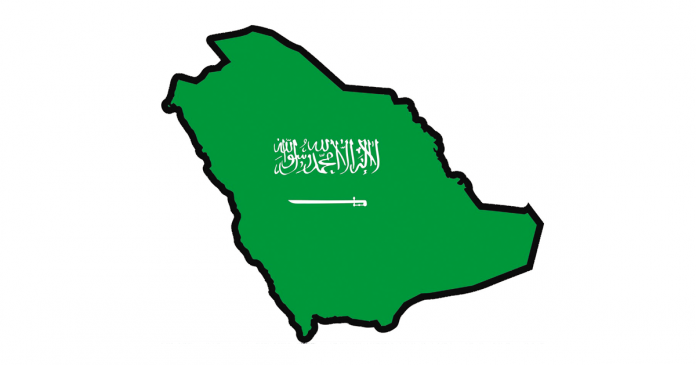
MANILA – A Filipina household service worker was executed in Saudi Arabia on Tuesday after being found guilty of murder, the Department of Foreign Affairs (DFA) said Thursday.
In a statement, the DFA said the 39-year-old Filipina – whose name was not released publicly – was executed as her case was not qualified for blood money under Shariah law.
“The Department regrets that it was not able to save the life of the Filipina after the Saudi Supreme Judicial Council classified her case as one in which blood money does not apply under Shariah Law,” the DFA said.
Blood money is compensation under the Shariah Law that is given to the family of murder victims.
If the relatives of the victim accept it, it will issue an affidavit of forgiveness so the death penalty will not be carried out.
The DFA added that it already informed the Filipina worker’s kin of the execution and said the family requested for privacy during its time of grief.
Meanwhile, the Malacañang extended its condolences to the bereaved family of the Filipina. It added that the government has done everything to save her life.
“We would like to express our condolences to the bereaved family of the OFW (overseas Filipino worker) who has been executed,” Presidential Spokesman Salvador Panelo said in a Palace briefing.
“We provided lawyers or a lawyer for her and we gave regular updates to the family. It’s just unfortunate that this particular case in Sharia Law does not apply where blood money can be a reason to stop the execution,” he added.
Foreigners, including a number of Filipinos, have been executed before by beheading in Saudi Arabia, which has one of the harshest punishments for crimes in the world./PN



